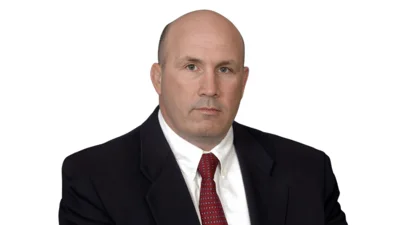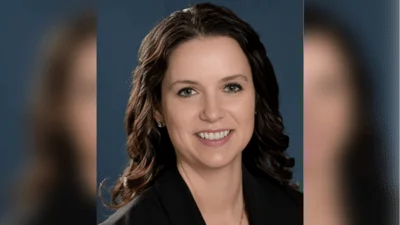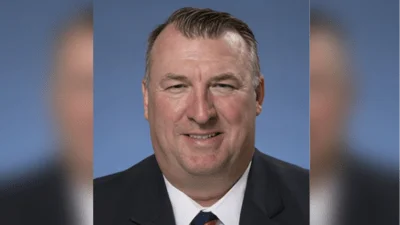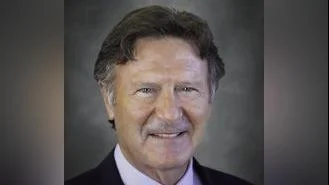State Rep. Dan Caulkins (R-Decatur) finds solace in a new Southern Illinois University poll that finds more than half of all state residents indicate they would be in favor of a constitutional amendment mandating a reduction in benefits for public employees going forward.
“It’s encouraging because it says our message is starting to resonate and people are understanding what we’re doing is not sustainable,” Caulkins told the Chambana Sun. “People are looking at our pension issues as a major contributor to all our tax problems. The money we’re being forced to put in there is detracting from everything else we could be doing and making property taxes a bigger burden on everyone.”
At a time when pension costs are consuming more than 25 percent of the entire state budget and still rising, researchers found that 51 percent of all residents indicate they would support an amendment that while preserving the benefits of already retired state workers would also allow a reduction in future benefits earned by current and new employees.
Deeper analysis also shows that the measure would have support spread across multiple demographics, with 46 of individuals earning under $50,000 expressing support, 50 percent of those earning up to $100,000 and 57 percent of those topping $100,000. In addition, residents over the age of 66 showed the most support by that measure at 54%.
“I would hope that voters will hold candidates feet to the fire on this issue,” Caulkins said. “This is an election year and if someone on the ballot isn’t willing to get on board with a constitutional amendment for this being placed on the ballot for a vote, they should be held accountable.”
With Illinois already being home to the worse pension crisis in the country, Caulkins said he thinks he knows why Democrats fight as hard as they do prop up a broken system.
“Unfortunately what we have is a vast number of people in Springfield feeling obligated to the unions,” he said. “When you allow the public employee unions to have that kind of influence on elections it puts us in this position where lawmakers feel an obligation to their donors. When public sector unions are contributing huge amounts of money to campaigns like they are the appearance seems to match the results.”






 Alerts Sign-up
Alerts Sign-up